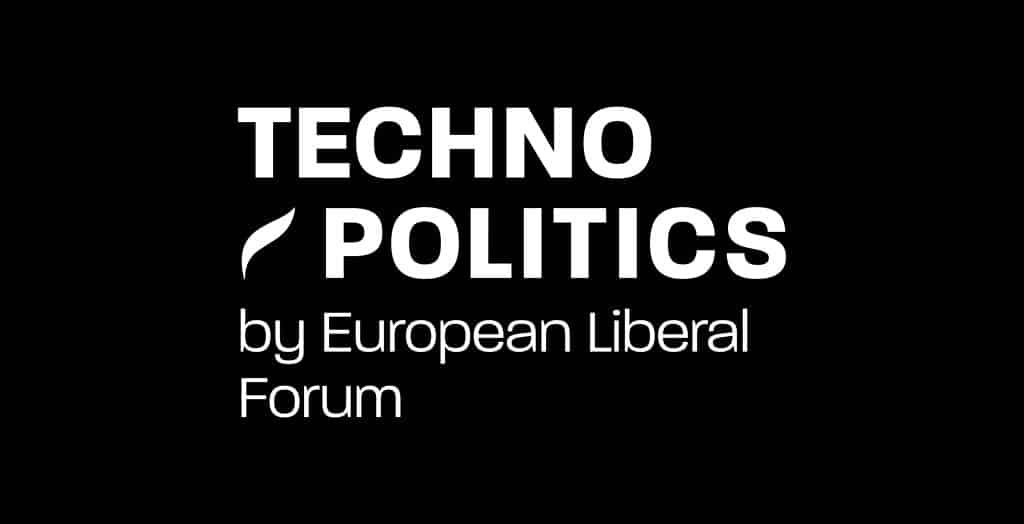TechnoPolitics
TechnoPolitics vs Europe series aims to gather experts, industry representatives, academics and politicians to discuss how new and future technologies can influence traditional ‘policymaking’.

TechnoPolitics vs Europe series aims to gather experts, industry representatives, academics and politicians to discuss how new and future technologies can influence traditional ‘policymaking’.

New technologies have added value to civilisation, improving and even lengthening our lives. Already new technologies are shaping the way we live and new technologies are appearing before our eyes as more effective methods of communication are invented, tested, and implemented.
Europe is at a critical juncture: on the one hand, the digital transition offers unprecedented opportunities. On the other hand, this must be supported by intelligent policy choices.
TechnoPolitics by the European Liberal Forum creates a bridge between tech industry, academia, and policymakers. It represents an important step towards this new future-oriented way of thinking that considers policymaking as a tool to create a link between technology and the individual and to support our digital future.
Publications
Techno-Politics Series 1 – Decoding EU Digital Strategic Autonomy: Sectors, Issues, and Partners
Edited by Gerard Pogorel, Antonios Nestoras, Francesco Cappelletti
This study, published by the European Liberal Forum and edited by Emeritus Professor Gerard Pogorel, Antonios Nestoras and Francesco Cappelletti, addresses a range of key concerns and opportunities associated with developing the EU’s strategic digital autonomy, from research and education to strategic deployment of resources.
Techno-Politics Series 2 – Europe’s Future Connected: Policies and Challenges for 5G and 6G Networks
Edited by Erik Bohlin, Francesco Cappelletti
This study, edited by Professor Erik Bohlin and Francesco Cappelletti, focuses on these and other essential aspects, such as the most appropriate policies and regulations in Europe, while at the same time offering a perspective on the world’s significant pioneers in the deployment of this technology.
Techno-Politics Series 3 – European Cybersecurity in Context: A Policy-Oriented Comparative Analysis
Edited by Luigi Martino and Nada Gamal
This study, edited by Professor Luigi Martino and Nada Gamal, approaches the topic from a multidisciplinary point of view, considering critical infrastructures, skills, strategic autonomy, AI, cybercrime, privacy, and the use of space. Starting from an EU perspective, the authors examine the regulatory achievements in this field and consider best practice for the implementation of rules and standards.
Techno-Politics Series 4 – Smart Parliaments: Data-Driven Democracy
Edited by Fotios Fitsilis and George Mikros
Smart Parliaments: Data-Driven Democracy highlights the role of data within both centuries-old and relatively novel institutional functions such as legislative work and parliamentary diplomacy. It is precisely this balanced focus on both tradition and innovation that makes this work stand out. Moreover, the book systematically avoids a purely scholarly character for the sake of a more practical and tangible approach to parliamentary evolution. It offers ideas instead of assumptions, solutions instead of missals, and presents a range of options instead of a single truth.